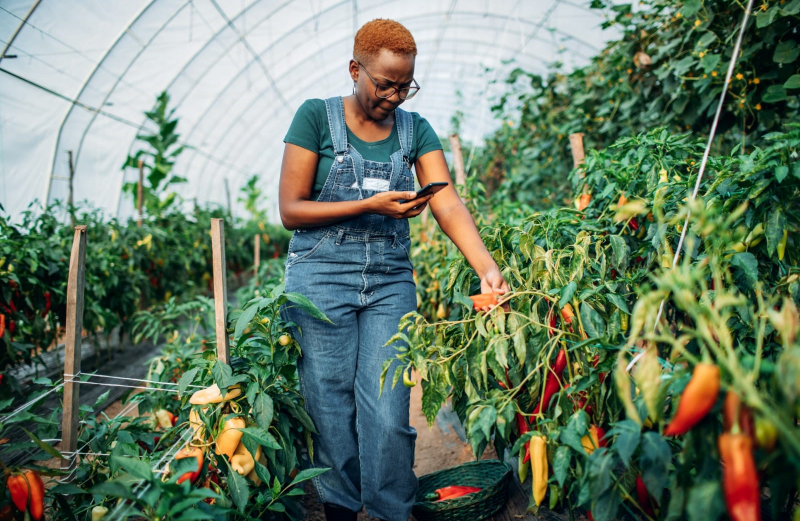Africa’s agricultural sector is the backbone of many economies, employing millions of people and contributing significantly to GDP. However, farmers and producers in Africa face numerous challenges in accessing markets, leading to post-harvest losses, reduced incomes, and limited economic growth. The advent of e-commerce presents a significant opportunity to bridge this gap and improve market access for African farmers.
Challenges in Agricultural Market Access
African farmers face several challenges in accessing markets, including:
- Limited market information: Farmers often lack access to market information, making it difficult for them to make informed decisions about production and pricing.
- Poor infrastructure: Inadequate transportation networks, storage facilities, and communication infrastructure hinder the movement of goods from rural areas to urban markets.
- Limited access to finance: Many farmers lack access to financial services, making it difficult for them to invest in their farms and businesses.
- Intermediaries: Middlemen often exploit farmers, offering low prices for their produce and reaping most of the benefits.
E-commerce as a Solution
E-commerce can help address these challenges by:
- Providing market information: E-commerce platforms can provide farmers with real-time market information, enabling them to make informed decisions about production and pricing.
- Increasing access to markets: E-commerce platforms can connect farmers directly to buyers, eliminating intermediaries and increasing farmers’ incomes.
- Improving logistics: E-commerce companies can invest in logistics and transportation infrastructure, reducing post-harvest losses and improving the efficiency of goods movement.
- Access to finance: E-commerce platforms can provide farmers with access to financial services, such as payment systems and credit facilities.
Benefits of E-commerce in Agriculture
The benefits of e-commerce in agriculture are numerous:
- Increased incomes: By eliminating intermediaries and providing access to better markets, e-commerce can increase farmers’ incomes.
- Improved efficiency: E-commerce can reduce post-harvest losses and improve the efficiency of goods movement.
- Increased market access: E-commerce can connect farmers to new markets, both domestically and internationally.
- Empowerment of smallholder farmers: E-commerce can empower smallholder farmers, who are often the most vulnerable and marginalized.
Examples of Successful E-commerce Platforms in Africa
Several e-commerce platforms are successfully operating in Africa’s agricultural sector:
- Twiga Foods (Kenya): Twiga Foods is a B2B e-commerce platform that connects smallholder farmers to retailers and wholesalers.
- Farmart (Nigeria): Farmart is an agricultural e-commerce platform that connects farmers to buyers and provides access to finance and logistics.
- Hello Tractor (Nigeria): Hello Tractor is a platform that connects farmers to tractor owners, providing access to mechanized farming services.
- Farmcrowdy (Nigeria): Farmcrowdy is a platform that connects farmers to sponsors, providing access to finance and technical support.
Challenges and Opportunities
While e-commerce presents significant opportunities for African agriculture, there are several challenges that need to be addressed:
- Digital infrastructure: Africa’s digital infrastructure is still developing, and many areas lack reliable internet connectivity.
- Digital literacy: Many farmers lack the digital literacy skills needed to effectively use e-commerce platforms.
- Payment systems: Payment systems in Africa are often underdeveloped, making it difficult for farmers to receive payments.
- Regulatory framework: The regulatory framework for e-commerce in Africa is often unclear, and there is a need for policies that support the growth of e-commerce in agriculture.
Conclusion
E-commerce has the potential to transform Africa’s agricultural sector by improving market access, increasing incomes, and empowering smallholder farmers. However, addressing the challenges and opportunities outlined above is crucial to realizing this potential. Governments, private sector companies, and development organizations must work together to create an enabling environment for e-commerce in agriculture, including investing in digital infrastructure, promoting digital literacy, and developing payment systems. By harnessing the power of e-commerce, Africa can unlock the potential of its agricultural sector and promote economic growth and development.

